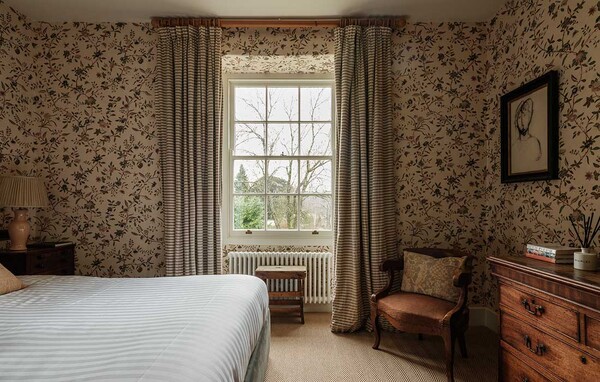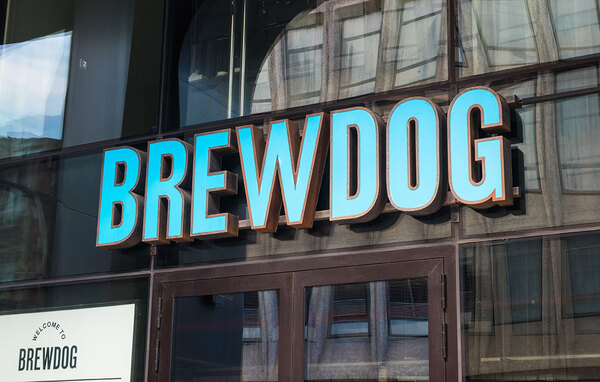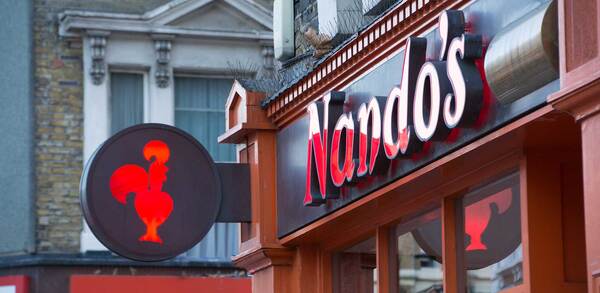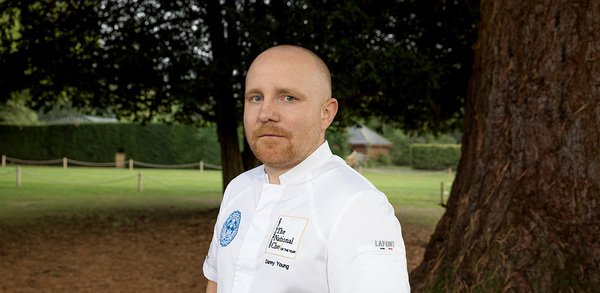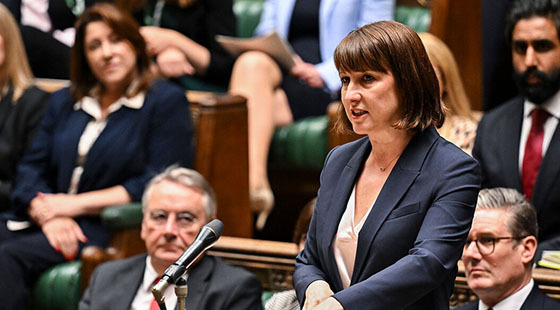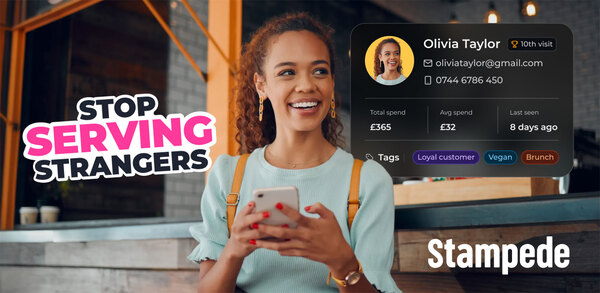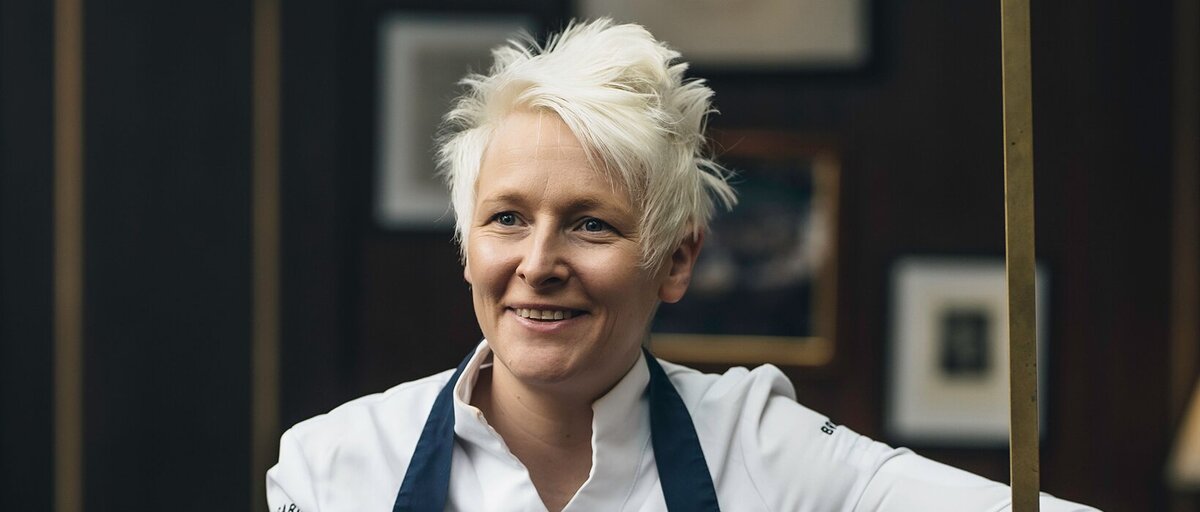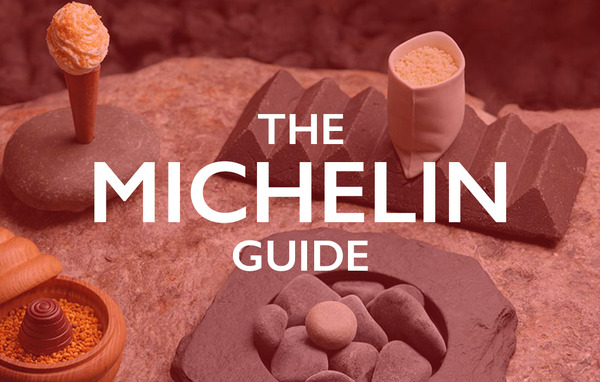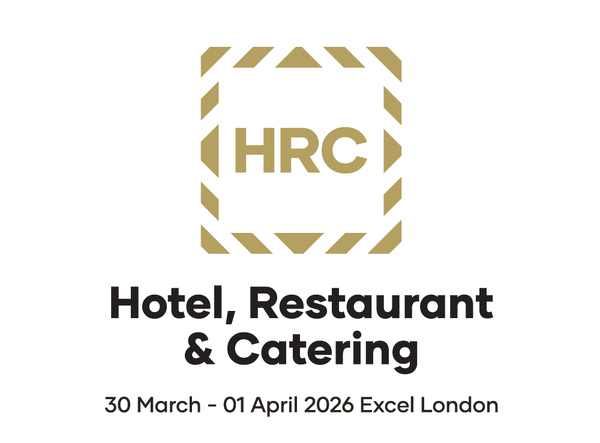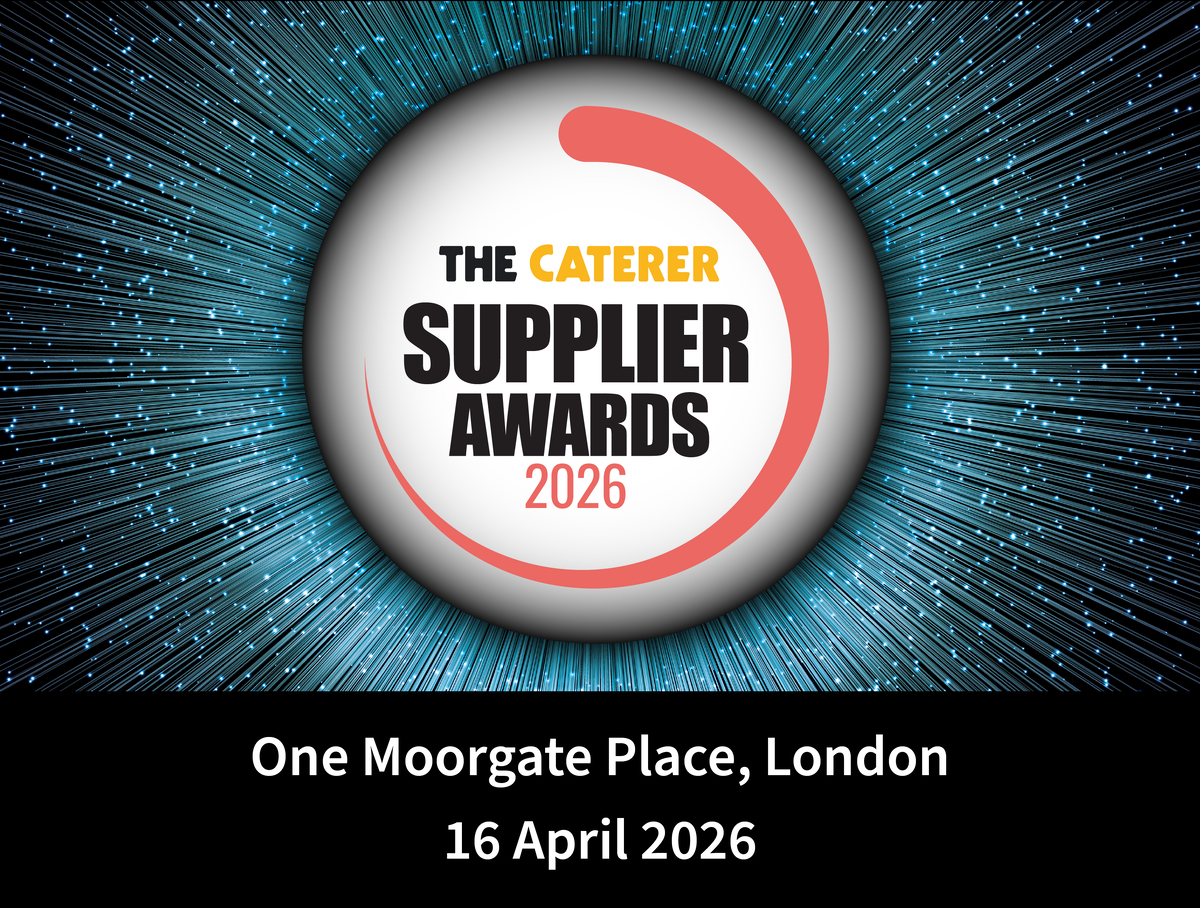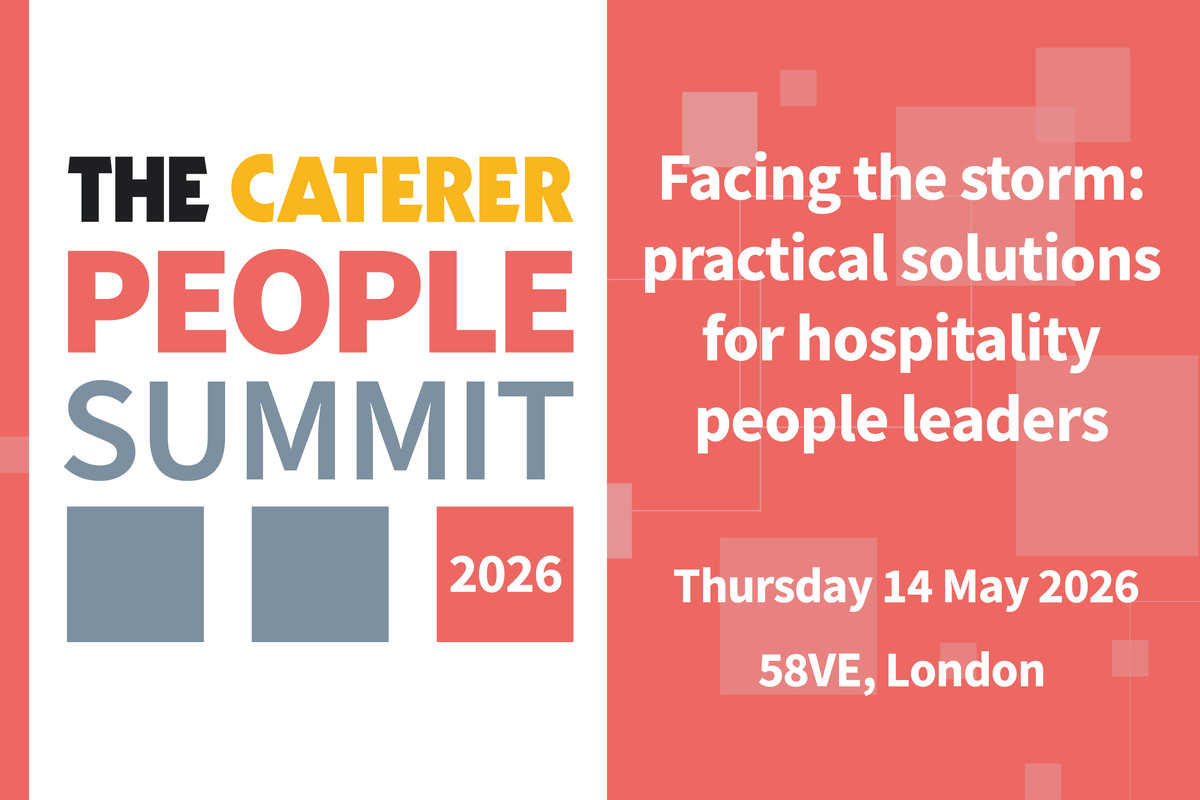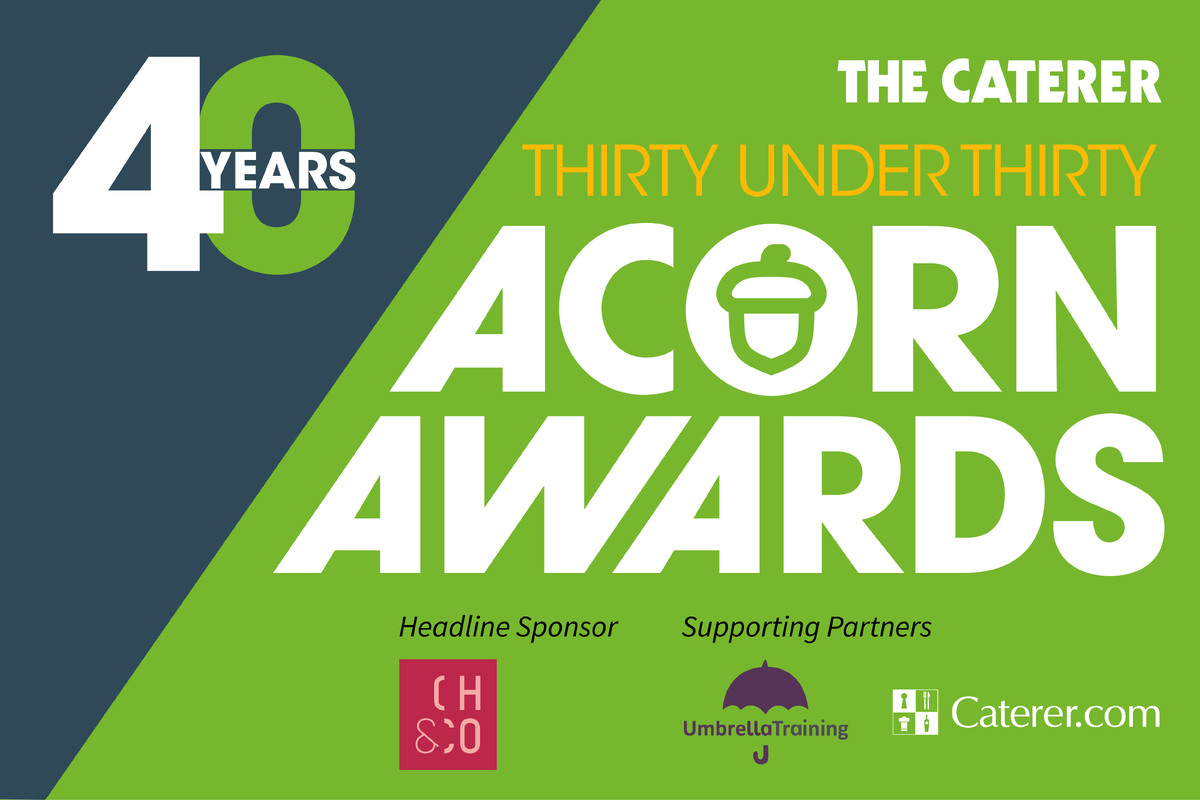A grand day out
Gone are the days of the five-course, sit-down meal; today's corporate hospitality is all about flexibility. Elly Earls finds out how contract caterers can meet the ever more varied requirements of corporate clients
Despite the recession of 2008 and the Bribery Act 2010, which has caused concern about the extent to which offering or receiving corporate hospitality is lawful, businesses' appetite for entertaining both current and potential clients continues to grow.
"With global events such as the Olympics in the UK this year, you might have expected that the usual annual British events would have suffered, but we've actually had better sales than last year," says Alastair Scott, sales and marketing director for Sodexo Prestige. "It's very buoyant; much better than we expected."
Sean Valentine, director of Aspire Group, agrees. "Businesses are spending more on hospitality than prior to the recession and I think the main reason for that is quite simply because it works," he says.
With so many business transactions taking place online, corporate hospitality has become one of the few ways to build real-life relationships with suppliers and clients. "Lots of corporate hospitality is there really to create that," Valentine says. "It's an important way to retain business."
Change of focus
For that reason, the corporate hospitality offer has evolved significantly from where it was 30 years ago.
"There's much more focus on the actual day than perhaps there was," Valentine explains. "This is, firstly, because the day you take your clients to, for example, the British Grand Prix, needs to be amazing; secondly, because organisations are scrutinising the events they go to much more now. Hospitality companies have recognised that and are now pumping a lot more into the front end."
For Ted Walker, head of marketing at Keith Prowse, this means much higher staff numbers. "We want our guests to be able to concentrate on the most important thing, which is fostering business relationships with their guests, not worrying about an empty bottle of wine," he explains.
"They also need to see the benefit of going to the event, which is one reason why our top-end packages are usually the first to sell out; businesses want a really high-quality experience for their guests."
But, in 2012, high standards don't necessarily mean a luxury, five-course, sit-down affair; in fact, far from it. "Up and down the country, we still do the five-course, top-end dinners, but they're slowly being eradicated and being replaced with a far more flexible day," confirms Adam Elliott, CEO of the Lindley Group. "We want people to be able to join us a lot earlier and stay a couple of hours afterwards, but to do that you've got to make your package much more open and flexible."
Walker has seen a similar trend at Keith Prowse. "Maybe 30 years ago, when corporate hospitality first established itself, there was one vanilla product across the board," he says. "But in the past five to 10 years, and particularly the past five, we've seen a lot more variation in demands from clients. For example, a lot of our customers want less-formal packages."
Similarly, at the Lindley Group, more and more clients are asking for open buffets and open bars, and inviting their guests to dress much more casually. "It's almost taking away the word ‘corporate'," Elliott remarks. "Our menu will still be the equivalent of the five-course sit-down, but we'll present it as a finger food, bowl food, buffet-style arrangement that can be eaten casually, and little and often."
Companies such as Elior and Aspire Group have also introduced more flexible dining options, with offerings such as a freshly made gourmet "pie and a pint" at Elior and grazing tables at Aspire Group. "Guests don't want to be pigeonholed into a lunch slot," Valentine explains. "So, for example, this year at the Grand Prix, we've got an ice-cream parlour, which runs all day, and a British cheese table."
Today, corporate hospitality means a greater choice to meet a variety of price points. But it's no longer just about the food. "Getting innovation in your product is important so you look different from competitors," Scott emphasises. "For example, a few years ago we introduced the Ascot Live Fashion Show, and one year we took Bijou Nightclub to Ascot. That was an innovation to see if we could get people to stay on at the racecourse afterwards and make a more complete event."
At Aspire Group, similar innovations have been implemented. "We've introduced stilt walkers and bands; we're basically not only focusing on the core of the cars running around the track, but also trying to bring in different elements of entertainment throughout the day," Valentine explains.
For Valentine, the increasingly joined-up nature of hospitality packages is one of the key ways in which the industry has evolved. "Caterers have wanted to become much more involved in how they create the events and they've done that either through acquisition or by creating their own arm of hospitality," he says.
Carl Morris, director of marketing and corporate communications at Elior UK, agrees. "Caterers are becoming involved in providing a holistic service - creating, selling and delivering packages. Customers can deal with one point of contact and this benefits everyone."
Internet revolution
"Social media has also made it possible to interact more with customers. Along with traditional websites, this provides customers with more access to the offers and our facilities via virtual tours of sites. As the customer, you can tailor a package through the electronic medium - looking, booking and paying with the click of a button."
Yet, technology has the potential to impact the hospitality industry in so many more ways. "It's only just starting to really come into the market," Elliott says. "We're working with a couple of companies at the moment on handheld ordering systems and iPad wine-ordering systems. We're also working on some box-ordering systems for drinks, but this is really just starting to come into play now."
As instant ordering and instant feedback become more and more commonplace, corporate hospitality is set to become increasingly seamless, providing further value for clients who are seeking exactly that.
Â
How to make your hospitality package stand out
â- Make sure your offering is to a high standard. With face-to-face interactions becoming increasingly rare in the business world, corporate days out are one of the only ways companies can impress their current and future clients. For that reason, they are keener than ever to put on a top-quality show.
â- Be flexible. Every client is different; while some will still request a pre-event five-course dinner followed by a post-event coffee, many are now looking for a less formal offering. Make sure you give them that option.
â- Keep up with food trends. Grazing tables and buffet-style arrangements, for example, are becoming increasingly popular, so guests aren't tied down to a specific lunchtime slot.
â- Hosting companies want to provide a memorable experience for their guests, so think about putting on some extra entertainment, such as a fashion show or a Q&A with the players after a rugby match.
â- Make the most of technology. This could involve offering virtual site tours on your website or encouraging feedback through social media. Also, think about investing in technology for the future. Before you know it, iPad ordering systems will be commonplace and you'll be left behind if you can't offer them.
Â
Serving up a seamless package
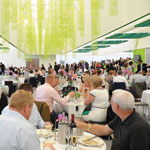
"They're a lot more aware of who Michelin-starred chefs are and they're looking for a high-quality food offer," says head of marketing Ted Walker.
For that reason, Keith Prowse, with the backing of Compass Group, works only with the best of the best in the catering world. "At Wimbledon, we work with Albert and Michel Roux - these are the people that are on trend. We want to offer our customers a top-quality experience," he explains.
Technology has also served to make the guest experience at Wimbledon absolutely seamless. "We send out passes for our guests to get into our hospitality facilities," Walker notes. "The big benefit of that is that when someone turns up and we scan their card, we know exactly which table they're on and we can take them there and introduce them to their host; it's a seamless check-in.
"We want to make it seamless for the host; it's not about Keith Prowse on the day, it's about the hosting company."
Â
Sounding out the audience
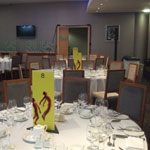
"There's still money out there to be spent and we're still seeing money being spent with us without a doubt. But I think that's because we give our clients what they're looking for - we have a very flexible approach to what we do," he explains. "If someone wants something very specific, we do it; if they want something on a very basic level, equally, we do that."
Requirements can vary from venue to venue and even from concert to concert. For example, when catering for Coldplay, the company delivered more than 3,500 meals, some of which were buffet-style and some of which were sit-down, while at Kings of Leon, it was mainly a retail, young crowd who were simply there to watch the band.
"In contrast, at Take That, hospitality was sold out," Elliott recalls. "Everybody wanted to see Take That but they were happy to buy the best ticket with the best package, and if that meant sitting in a box with a five- or six-course dinner, so be it. That's what they wanted."

